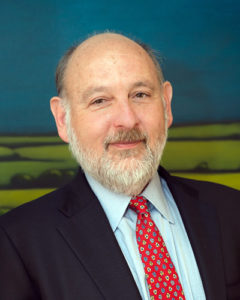
{display_podcast]
Podcast: Play in new window | Download


{display_podcast]
Podcast: Play in new window | Download

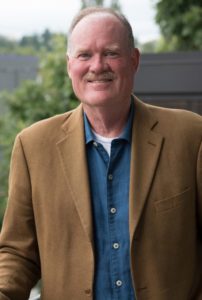
Podcast: Play in new window | Download
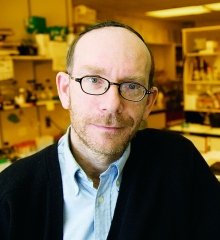

Podcast: Play in new window | Download

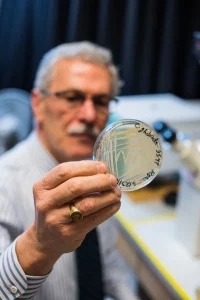
Podcast: Play in new window | Download

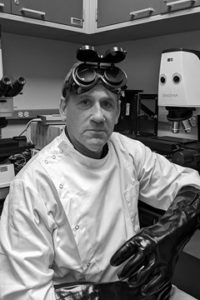
Podcast: Play in new window | Download


Podcast: Play in new window | Download